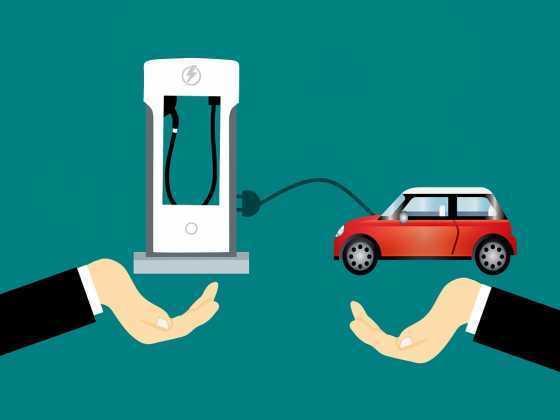The government’s plug-in car grant scheme for electric cars, vans and trucks has been cut by £500 to £2,500, and will now only be available for cars priced under £35,000.
In effect from today, the government says the changes have occurred to allow the scheme’s funding to go further.
It also reflects the growing number of more affordable electric cars, which the government says has increased by almost 50% since 2019.
The plug-in vehicle grant scheme was renewed last year, with £582 million of funding intended to last until 2022 to 2023.
Transport Minister Rachel Maclean said: “We want as many people as possible to be able to make the switch to electric vehicles as we look to reduce our carbon emissions, strive towards our net-zero ambitions and level up right across the UK.
“The increasing choice of new vehicles, growing demand from customers and rapidly rising number of chargepoints mean that, while the level of funding remains as high as ever, given soaring demand, we are refocusing our vehicle grants on the more affordable zero emission vehicles – where most consumers will be looking and where taxpayers’ money will make more of a difference.”
The plug-in Car Grant scheme has been in place since 2011 to support the uptake of ultra-low emission vehicles. The grant rate was originally set at £5,000 for all eligible cars. In 2016, it was reduced by £500, and in 2018, the grant was reduced again to £3,500 – and it was cut completely from plug-in hybrid cars so that all incentives were directed to zero-emission cars. In the March 2020 budget, while it was welcome news that the PICG would be extended to 2022-23, it again took another hit – this time being reduce to £3,000. It was also announced that the grant excludes cars costing £50,000 or more.
Source: https://greenfleet.net
CUT COTS OF THE FLEET WITH OUR AUDIT PROGRAM
The audit is a key tool to know the overall status and provide the analysis, the assessment, the advice, the suggestions and the actions to take in order to cut costs and increase the efficiency and efficacy of the fleet. We propose the following fleet management audit.




